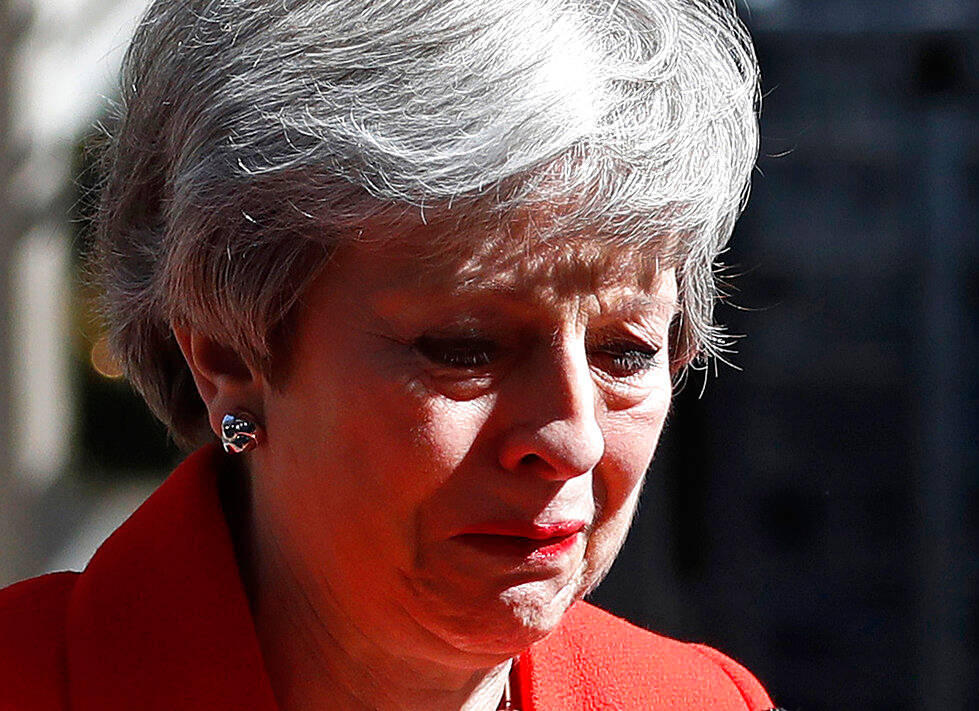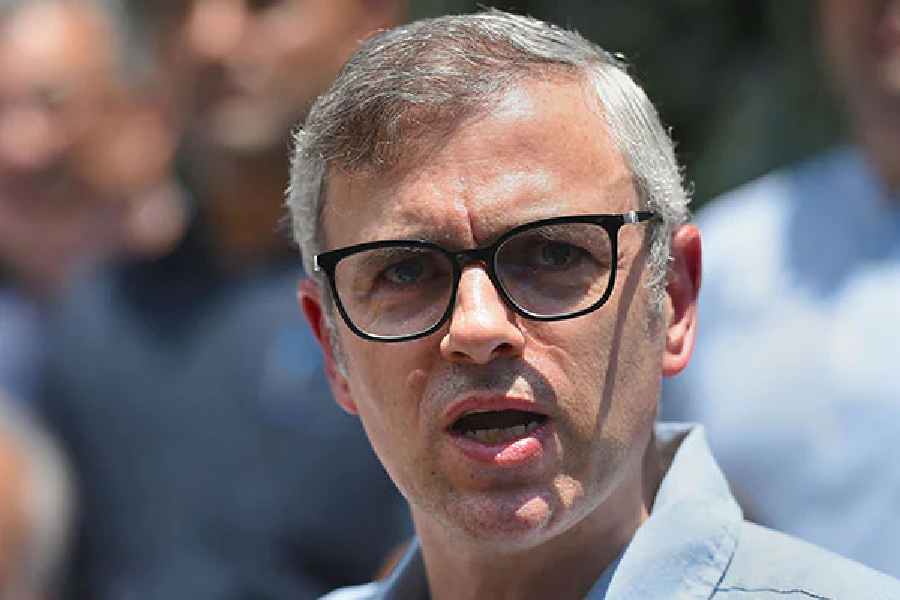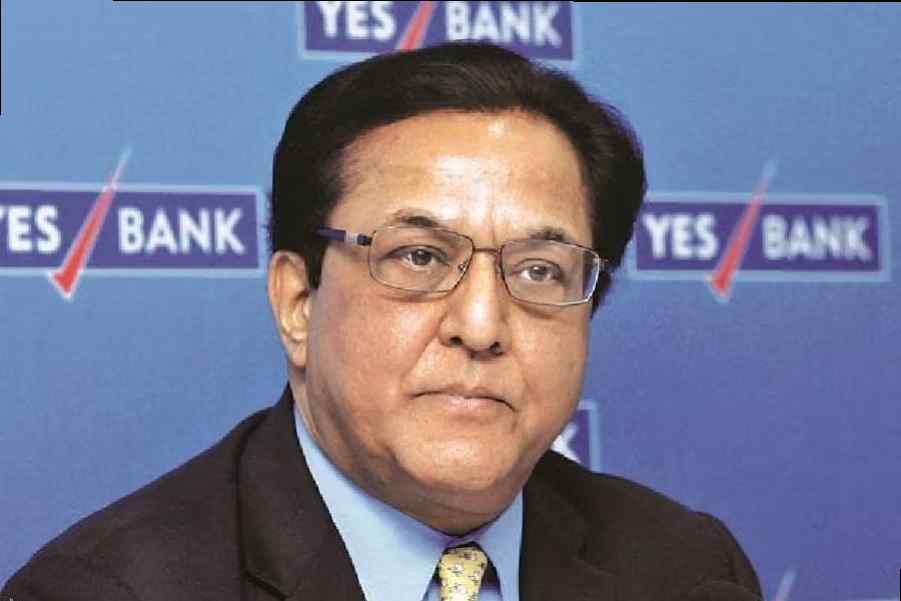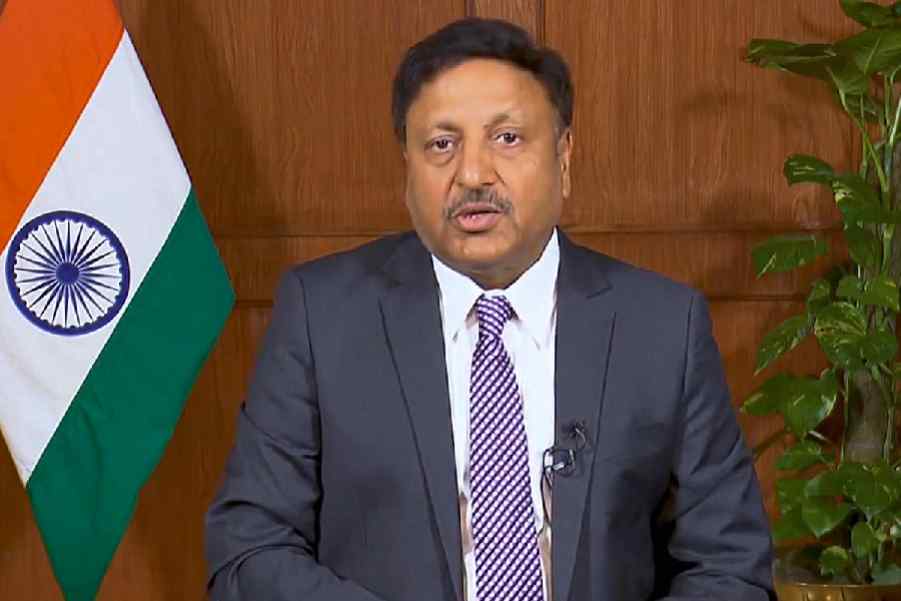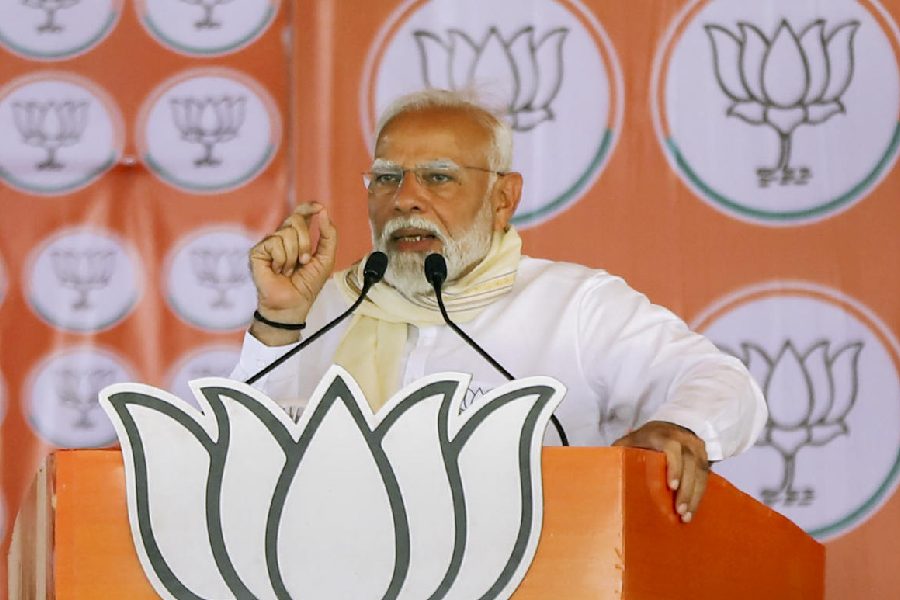Fighting back tears, Theresa May said on Friday she would quit after failing to deliver Brexit, setting up a contest that will install a new British Prime Minister who could pursue a cleaner break with the EU.
May’s departure deepens the Brexit crisis as a new leader, who should be in place by the end of July, is likely to want a more decisive split, raising the chances of a confrontation with the EU and potentially a snap parliamentary election.
Former foreign minister Boris Johnson, the favourite to replace May, was first out of the blocks, saying Britain should be prepared to leave the EU without a deal to force the bloc to offer a “good deal”.
Current foreign minister Jeremy Hunt also confirmed he would run for the leadership just hours after May, her voice cracking with emotion, said she would resign as Conservative Party leader on Friday, June 7, setting up a contest to succeed her.
“I will shortly leave the job that has been the honour of my life to hold,” May said outside her Downing Street official residence with her husband, Philip, looking on.
“The second female Prime Minister, but certainly not the last.
“I do so with no ill will but with enormous and enduring gratitude to have had the opportunity to serve the country I love,” said the usually reserved May.
May, once a reluctant supporter of EU membership who won the top job in the turmoil that followed the 2016 Brexit referendum, steps down with her central pledge — to lead the UK out of the bloc and heal its divisions — unfulfilled.
“It is, and will always remain, a matter of deep regret to me that I have not been able to deliver Brexit,” May said, adding that her successor would have to find a consensus to honour the 2016 referendum result.
Jeremy Corbyn, leader of the main Opposition Labour Party, said the new Prime Minister must hold an election to “let the people decide our country’s future”.
May, who endured several crises in her failed effort to find a compromise Brexit deal that parliament could ratify, bequeaths a deeply divided country and a political elite that is deadlocked over how, when or whether to leave the EU. The latest deadline for Britain’s departure is October 31.
Most of the leading contenders to succeed May want a tougher divorce deal. The EU has said it will not renegotiate the Withdrawal Agreement it sealed with Britain in November.
Spain said it now seemed almost impossible to avoid a so-called hard Brexit, or clean break from the EU, and the bloc signalled there would be no change on the agreement despite European Commission president Jean-Claude Juncker learning of May's resignation “without personal joy”.
Irish foreign minister Simon Coveney underlined the bloc’s stance that there would be no better Brexit deal.
“This idea that a new prime minister will be a tougher negotiator and will put it up to the EU and get a much better deal for Britain? That’s not how the EU works,” Coveney told Ireland’s Newstalk radio station.
Johnson, the face of the official Brexit campaign in 2016, is the favourite to succeed May, with betting markets giving him a 40 per cent implied probability of winning the top job.
He made his pitch at an economic conference in Switzerland, appealing to Brexit-supporting Conservative Party members by saying: “We will leave the EU on October 31, deal or no deal.”
Others tipped are Dominic Raab, a Brexit supporter and former Brexit secretary, with a 14 per cent implied probability on his chances.
Environment secretary Michael Gove, former House of Commons leader Andrea Leadsom and Hunt each have a 7 per cent probability, according to betting markets.
Defence secretary Penny Mordaunt and international development secretary Rory Stewart each have a 4 per cent chance of the top job.

